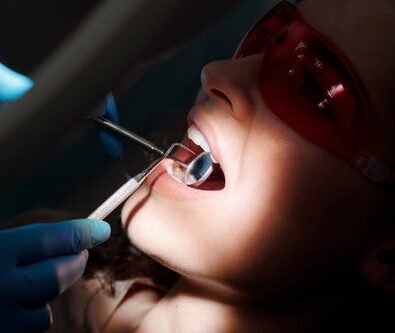Prostate surgery, despite its life-saving benefits for many suffering from prostate health issues, can present a diverse range of side effects. Understanding these side effects is crucial for anyone considering the surgery. While the trade-offs can seem daunting, knowing what to expect can ease the journey toward recovery. In this article, we will explore the common side effects associated with prostate surgery, delving into both physical and emotional impacts, and how they might influence your daily life.
Understanding Prostate Surgery
The prostate is a small gland located below the bladder in men. It is responsible for producing fluid that nourishes and transports sperm during ejaculation. When problems occur, such as prostate cancer, benign prostatic hyperplasia (BPH), or other disorders, surgery often becomes necessary.
There are various types of prostate surgeries, including open prostatectomy, laparoscopic surgery, and even newer techniques like minimally invasive prostate surgery hamilton. Each method has its benefits and challenges, but the focus here is on the recovery period and common side effects following these surgeries.
Immediate Post-Surgery Effects
Postoperative experiences can vary, but most patients report immediate effects such as fatigue, nausea, and mild pain. These symptoms are common and typically subside within a few days to weeks. Fatigue often results from anesthesia and the body’s healing process. Many patients find that taking it easy and resting helps expedite recovery.
Nausea may be experienced due to the anesthesia or the surgery itself. Although it can be unsettling, medication can help manage this side effect. Pain, especially around the site of incision, is common and can usually be controlled with prescribed pain medications. Movement and gentle exercises are recommended to reduce the risk of blood clots and promote healing.
Urinary Incontinence and Its Management
One of the most challenging side effects of prostate surgery is urinary incontinence. It’s the inability to control urination, often leading to embarrassing leakage. Most patients experience temporary incontinence, with improvements seen over time as the body heals.
The severity depends on several factors, including the type of surgery performed and the patient’s health condition. Kegel exercises, which strengthen the pelvic floor muscles, are often recommended to reduce incontinence. Additionally, advancements in procedures like the rezum procedure for prostate have been developed to minimize such side effects, focusing on treating the root causes rather than symptoms.
Sexual Function and Recovery
Another notable concern for many undergoing prostate surgery is the potential impact on sexual health. Erectile dysfunction is a possible side effect due to the proximity of nerves controlling erections being affected during surgery. Although alarming, many patients regain sexual function within a few months, with the help of medication and rehabilitation.
Emotional support and counseling might be beneficial, especially for those who experience significant changes in their intimacy levels. Open communication with your partner and medical team will be key in navigating these changes confidently and effectively.
Pain Management and Physical Rehabilitation
The approach to pain management and rehabilitation post-surgery can significantly affect recovery quality. It’s crucial to adhere to the pain medication plan prescribed by healthcare providers to maintain comfort and aid healing. Additionally, physical therapy might be beneficial to restore normal function and prevent complications.
Regular short walks and light physical activities can enhance circulation and promote healing. Over time, patients are encouraged to gradually increase their activity level under medical supervision. Consistency in following rehabilitation guidelines often leads to better overall outcomes.
Impact on Mental Health
It’s important not to underestimate the psychological impact following prostate surgery. Many patients face emotional challenges stemming from changes in bodily functions and sexual health. Feelings of depression and anxiety are not uncommon, which emphasizes the importance of mental health support during recovery.
Engaging in therapy sessions or support groups can be incredibly beneficial. These resources offer a platform to share experiences and learn coping strategies, fostering a sense of community and understanding that greatly aids mental and emotional health.
Gaining Peer Support and Resources
Community and peer support play invaluable roles in the recovery journey. Connecting with others who have undergone similar surgeries can provide encouragement and insights into managing side effects effectively. Online forums, community meetings, and healthcare-directed support groups are excellent starting points.
For those seeking face-to-face interaction and immediate support, it might be beneficial to get directions to Dynamiq Urology, where personalized advice and resources can be tailored to individual needs. This hands-on support can make a significant difference in managing the recovery and navigating surgical side effects.
The Road to Recovery
The journey to recovery from prostate surgery, while challenging, is manageable with the right resources and approach. Being proactive in understanding potential side effects and ways to address them can significantly enhance the recovery experience.
As healthcare continues to advance, treatments and interventions are constantly evolving, offering hope for less invasive procedures and reduced side effects. The ultimate goal is to enable patients to return to their everyday activities with renewed health and vitality.
Consultation with healthcare providers to address any concerns you may have is always recommended. Their expertise can guide you through the recovery process, ensuring that all questions are answered and any complications are swiftly addressed.
Together, with support from medical professionals, family, and community, regaining a high quality of life following prostate surgery is attainable. It’s essential to maintain optimism and perseverance throughout the healing process, adapting to any changes with grace and resilience.



